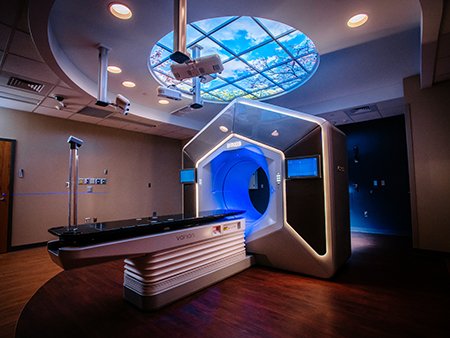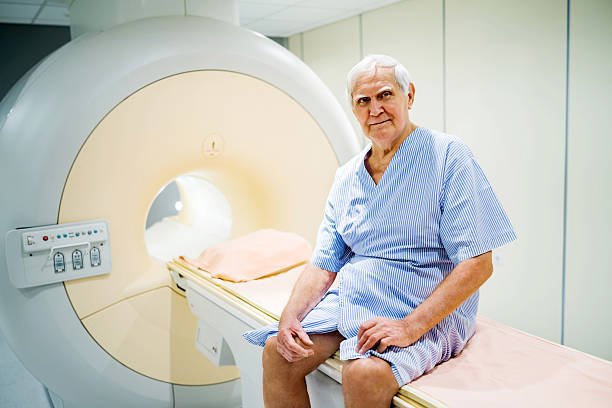Radiotherapy, also known as radiation therapy, is a specialized medical treatment that uses high doses of ionizing radiation to destroy or control the growth of abnormal cells, particularly cancer cells. It is one of the most effective and widely used treatments for various types of cancers, either as a standalone therapy or in combination with surgery and chemotherapy. The primary goal of radiotherapy is to target and eliminate cancerous tissues while minimizing damage to the surrounding healthy cells.

Radiotherapy works by using carefully controlled beams of radiation—such as X-rays, gamma rays, or particle beams—to damage the DNA within cancer cells. Since these cells divide and grow more rapidly than normal cells, they are less capable of repairing this damage, leading to their death or inability to multiply. Over time, the body naturally eliminates the destroyed cells, allowing healthy tissue to recover.

The treatment is precisely planned using advanced imaging techniques like CT, MRI, or PET scans to map the exact location, size, and shape of the tumor. This ensures that radiation is delivered accurately to the affected area, reducing side effects and maximizing the effectiveness of treatment.

Radiotherapy is used for several purposes — to cure cancer, shrink tumors before surgery, eliminate remaining cancer cells after surgery, or relieve symptoms caused by advanced cancers (palliative care). By targeting cancer at its source with precision and care, radiotherapy plays a crucial role in improving survival rates, enhancing quality of life, and offering hope to patients battling cancer.


